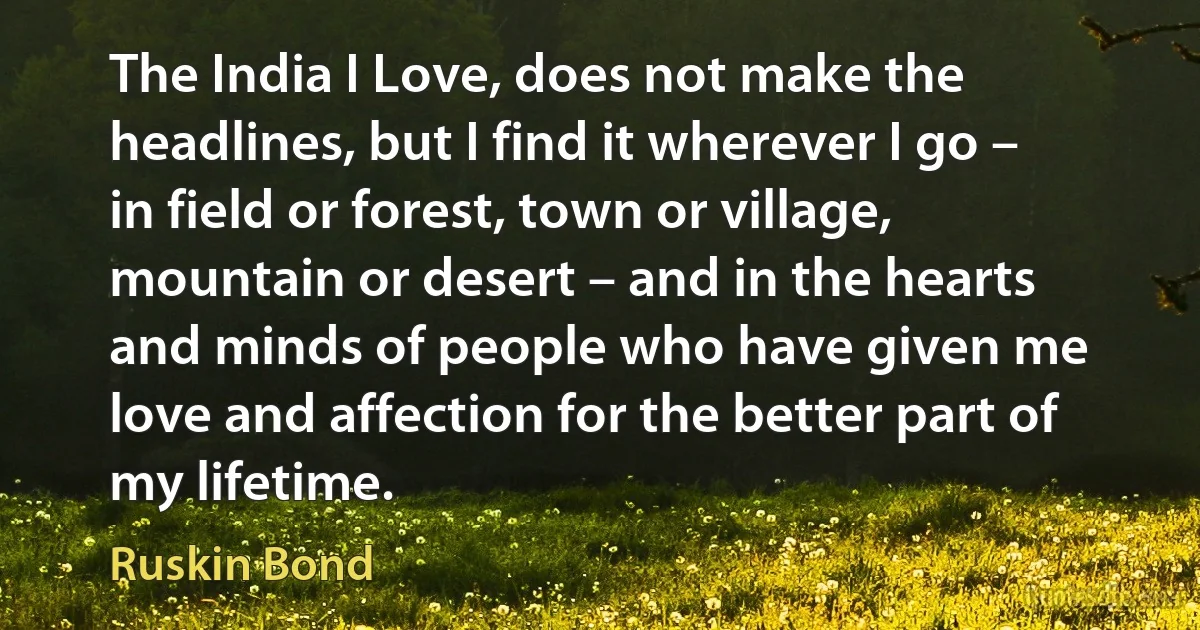Desert Quotes - page 6
When, in the year 1913, in my desperate attempt to free art from the ballast of objectivity, I took refuge in the square form and exhibited a picture which consisted of nothing more than a black square on a white field. The critics and, along with them, the public sighed, 'Everything which we loved was lost. We are in a desert... Before us is nothing but a black square on a white background!

Kazimir Malevich
I find it wholesome to be alone the greater part of the time. To be in company, even with the best, is soon wearisome and dissipating. I love to be alone. I never found the companion that was so companionable as solitude. We are for the most part more lonely when we go abroad among men than when we stay in our chambers. A man thinking or working is always alone, let him be where he will... The really diligent student... is as solitary as a dervish in the desert. The farmer can work alone in the field or the woods all day, hoeing or chopping, and not feel lonesome...

Henry David Thoreau
It was evening when we came to the river
With a low moon over the desert
that we had lost in the mountains, forgotten,
what with the cold and the sweating
and the ranges barring the sky.
And when we found it again,
In the dry hills down by the river,
half withered, we had
the hot winds against us. There were two palms by the landing;
The yuccas were flowering; there was
a light on the far shore, and tamarisks.
We waited a long time, in silence.
Then we heard the oars creaking
and afterwards, I remember,
the boatman called us.
We did not look back at the mountains.

Robert Oppenheimer
I too was filled with a sort of shyness and fear, as I was called to leave 'the world of will and idea' in which I had lived and created, and in whose reality I had believed. But the happy liberating touch of non-objectivity drew me out into the 'desert' where only feeling is real.. ..and so feeling became the content of my life. It was no 'empty square' I had exhibited but the feeling of non-objectivity. I perceived that the 'thing' and the 'idea' were taken to be equivalents of feeling, and understood the lie of the world of will and idea. Is the milk bottle the symbol of milk? Suprematism is the rediscovery of that pure art which in the course of time, and by an accretion of 'things', had been lost to sight.

Kazimir Malevich
It is said the South will never submit - that we cannot conquer the rebels - that they will suffer themselves to be slaughtered, and their whole country to be laid waste. Sir, war is a grievous thing at best, and civil war more than any other; but if they hold this language, and the means which they have suggested must be resorted to; if their whole country must be laid waste and made a desert, in order to save this Union from destruction, so let it be. I would rather, Sir, reduce them to a condition where their whole country is to be re-peopled by a band of freemen, than to see them perpetrate the destruction of this people through our agency. I do not say it is time to resort to such means, and I do not say that the time will come, but I never fear to express my sentiments. It is not a question with me of policy, but a question of principle.

Thaddeus Stevens
The Machine Age's commitment to cause and effect was the source of many dilemmas, including the one involving free will. At the turn of the century the American philosopher E. A. Singer, Jr., showed that science had, in effect, been cheating. It was using two different relationships but calling both cause and effect. He pointed out, for example, that acorns do not cause oaks because they are not sufficient, even though they are necessary, for oaks. An acorn thrown into the ocean, or planted in the desert or an Arctic ice cap does not yield an oak. To call the relationship between an acorn and an oak ‘probabilistic' or ‘non deterministic causality,' as many scientists did, was cheating because it is not possible to have a probability other than 1.0 associated with a cause; a cause completely determines its effect. Therefore, Singer chose to call this relationship ‘producer-product' and to differentiate it from cause-effect.

Russell L. Ackoff
Curious, if we will reflect on it, this of having no books. Except by what he could see for himself, or hear of by uncertain rumor of speech in the obscure Arabian Desert, he could know nothing. The wisdom that had been before him or at a distance from him in the world, was in a manner as good as not there for him. Of the great brother souls, flame-beacons through so many lands and times, no one directly communicates with this great soul. He is alone there, deep down in the bosom of the Wilderness; has to grow up so,-alone with Nature and his own Thoughts. But, from an early age, he had been remarked as a thoughtful man.

Thomas Carlyle



